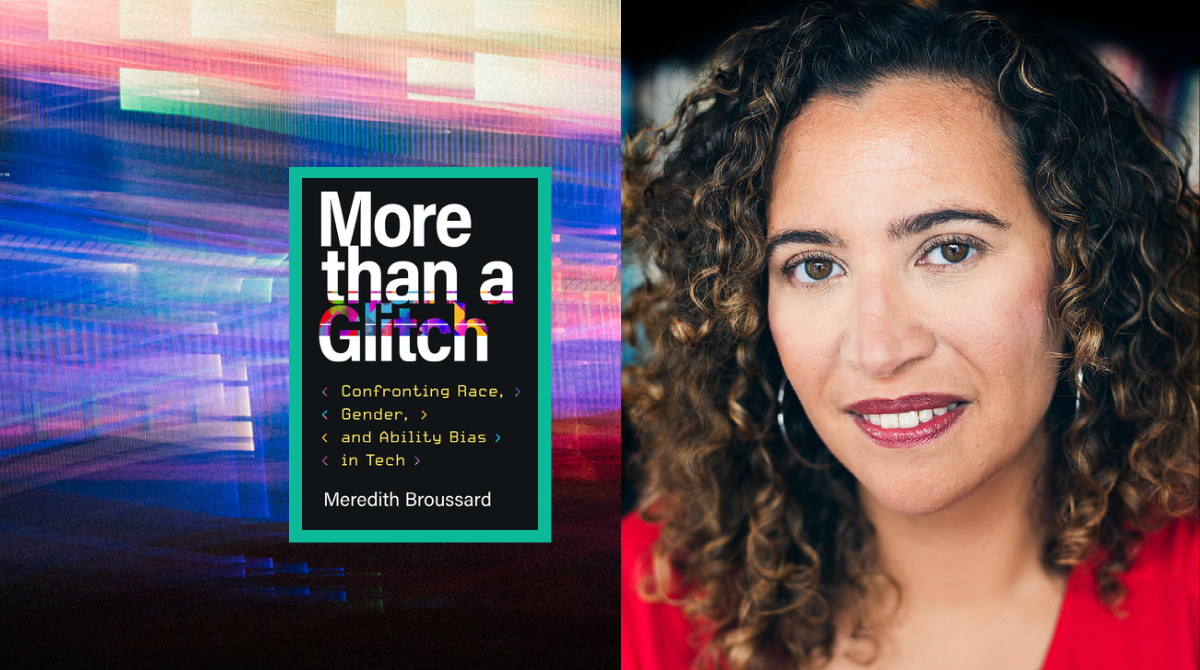In a recent interview with Professor Meredith Broussard, author of the groundbreaking book “More Than a Glitch: Confronting Race, Gender, and Ability Bias in Technology,” the conversation delved deep into the pervasive biases embedded within technological systems. Broussard, a distinguished data scientist and one of the few black female researchers in artificial intelligence, dismantled the myth of tech neutrality and illuminated how race, class, gender, and ability bias permeate the tech world.
One of the key points highlighted in the interview was the alarming reality of how software, seemingly advancing at the seams, perpetuates racial biases. Systems analyzing skin tone and generating racial conclusions based on appearance and outlook raise serious ethical concerns. Broussard emphasized the urgent need to address these issues, stating, “When technology reinforces inequality, it’s not just a glitch—it’s a signal that we need to redesign our systems to create a more equitable world.”
The interview also shed light on the societal implications of technological advancement. Technology is often viewed as a race, with companies rushing to integrate the latest innovations without considering the broader societal impacts. This frenzied pursuit of technological progress can lead to the displacement of workers and exacerbate existing inequalities, particularly in education systems where app purchases replace human instructors.
Furthermore, Broussard raised concerns about the lack of transparency surrounding AI systems and the prevalence of “ghost work” hidden behind the facade of automation. Companies, she argued, must be held accountable for the capabilities and limitations of their technologies, and computational literacy among the public is crucial for understanding and navigating the complexities of AI.
In addressing the need for regulation and oversight, Broussard underscored the importance of public awareness and participation in shaping policies that govern technology. She advocated for laws that ensure transparency and accountability, empowering individuals to make informed decisions about the technologies they use.
In conclusion, Professor Meredith Broussard’s insights serve as a stark reminder of the pressing need to confront biases in technology and work towards a more equitable future. As we navigate the complexities of an increasingly digitized world, we must prioritize ethical considerations and strive for inclusivity in technological innovation.





